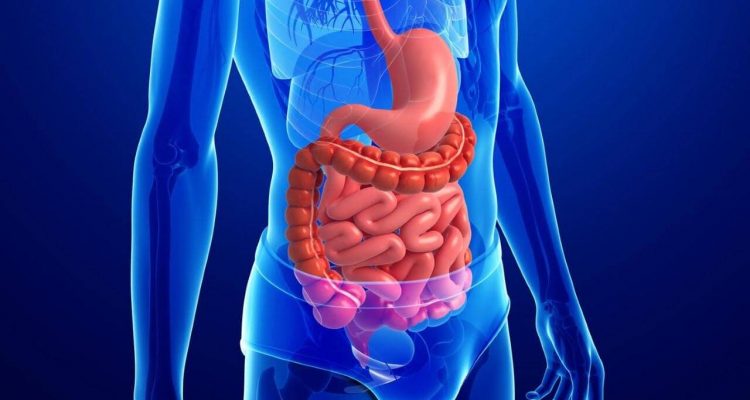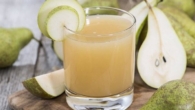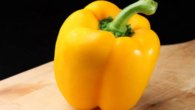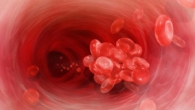
Why it's important to have a healthy gut: 5 easy ways to achieve it
0
From the activity of the immune system to the health of the brain, the condition of the intestine has a very serious effect on the functioning of the body.
Many studies confirm the significant impact that the intestine has on the body. The body's ability to fight disease, eliminate toxins, maintain psychological stability and stress resistance largely depends on how healthy the intestinal microflora is. In explaining why it's important to have a healthy gut, doctors explain that its microbiome – a collection of bacteria, viruses, fungi and parasites – needs to be balanced. Even quite simple methods help to achieve this.
Use fibrous products.Dietary fibers (aka fiber) serve as food for beneficial intestinal bacteria, contribute to good overall digestion, help prevent constipation and other gastrointestinal problems.
Expert advice: lean on plant-based foods and eat a variety of foods – this activates the intestinal microbiome .
Eat fermented foods. They help restore the balance of beneficial bacteria in the intestines. Fermented foods include sauerkraut, kefir, kimchi, kombucha, natural yogurt, kefir.
Eat foods rich in polyphenols.Polyphenols are plant compounds associated with many health benefits, from reducing inflammation to increasing the number of beneficial bacteria in the microbiome. Polyphenolic compounds can be found in dark chocolate, red wine, green tea, blueberries, and almonds.
Keep physically active. Exercise and general physical activity promote the growth of bacteria called butyrate. Butyrate can help restore the intestinal mucosa, reduce inflammation, improve the body's defenses against inflammatory bowel disease and insulin resistance, diabetes.
Take probiotics. Studies have shown that probiotics improve the gut microbiome in several ways – thanks to them, the mass of beneficial bacteria increases, the intestinal mucosa is strengthened, which increases the functions of the immune system. Food sources of probiotics are natural yogurt, sauerkraut, pickled cucumbers (without vinegar), soft cheeses, kefir.









Leave a Reply